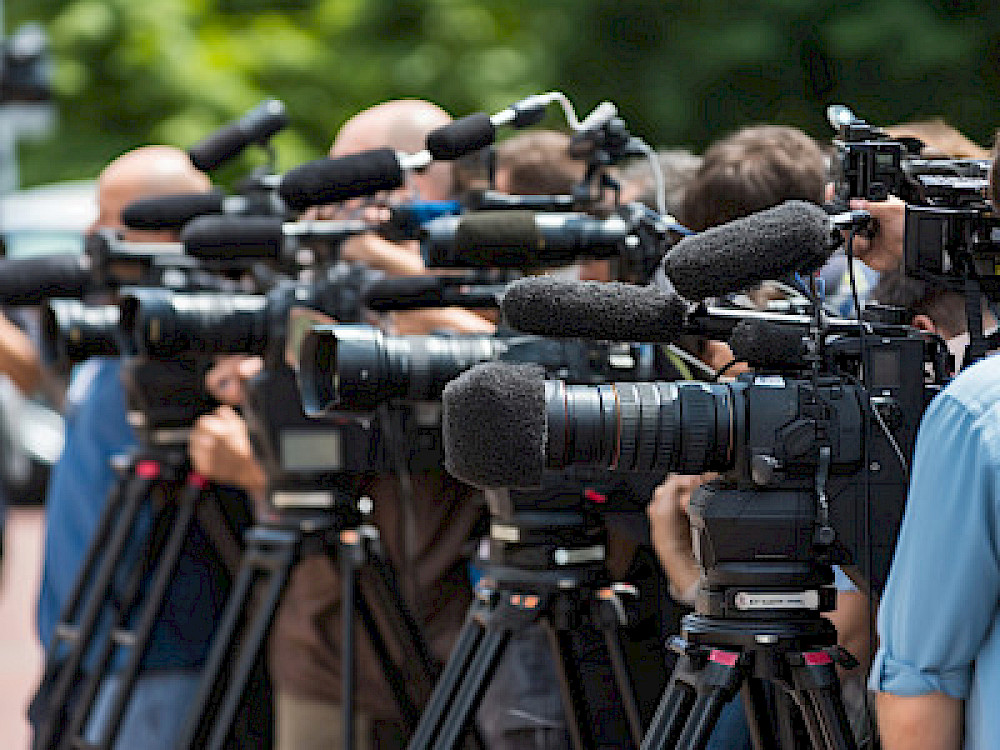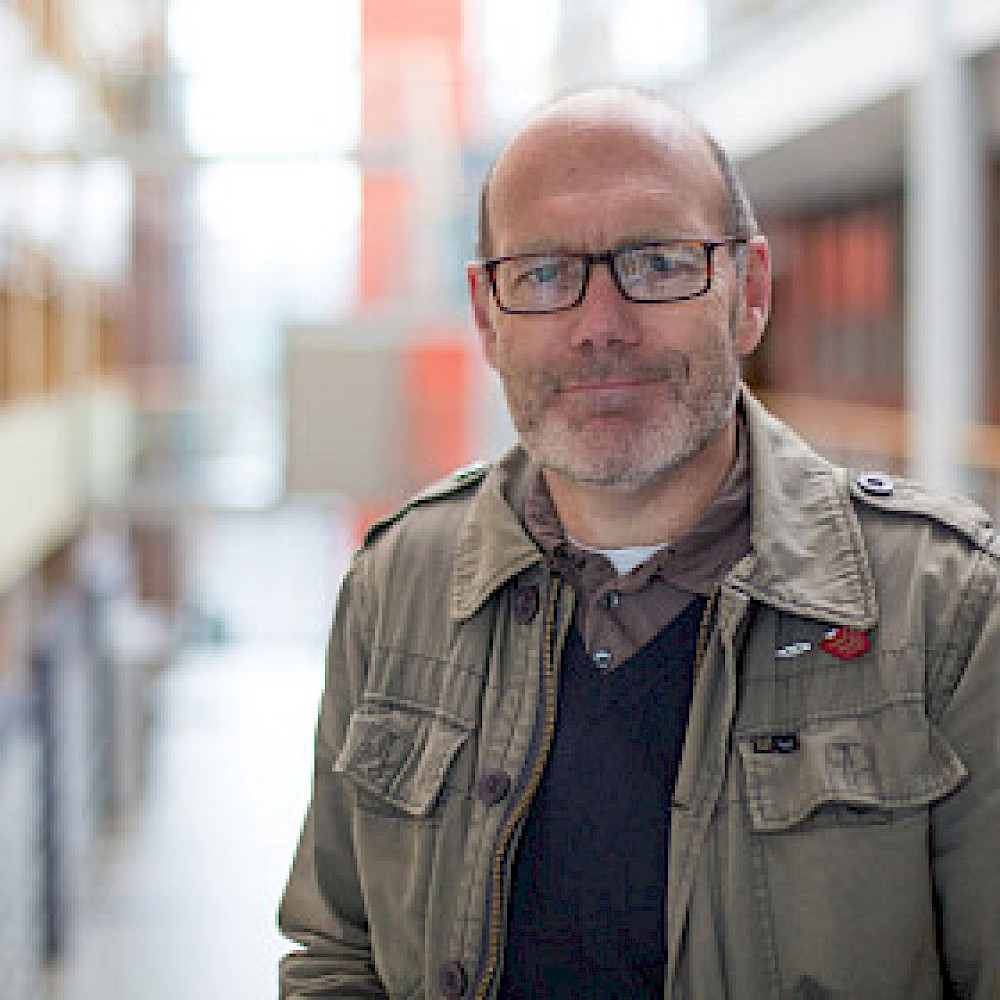How does the Irish media sector perform when it comes to sustainability? The answer is: we don’t really know – yet.
We do know quite a lot about the broadcasting sector, which began to engage with the sustainability agenda via the Broadcasting Authority of Ireland (the BAI, now expanded as Coimisiún na Meán) in 2020. A broadcasting sustainability network was established, and member organisations had to sign up to a charter and were encouraged to implement a sustainability roadmap.
The roadmap has three pillars, aligning with early conceptualisations of corporate sustainability as having environmental, social, and economic dimensions. It allows for organisations at different stages of their sustainability “journey” – bronze for beginners, silver for intermediate, and gold for advanced.
Although there were individual exemplars of best practice in Ireland (RTÉ), the UK (Sky) and elsewhere, this was believed to be the first sector-wide sustainability roadmap in the world.
Under the new Coimisiún, the broadcasting sustainability network is being expanded to encompass print and digital media and has been rebranded as Sustainable Media Ireland (www. sustainablemedia.ie). Although the expansion is in its early stages, all the major news publishers have been approached and interest in joining the initiative is reported to be high.
Meanwhile, in the wider media sector, makers of non-news content (mostly TV series and films) have been working on reducing the environmental impact of their activities for several years. Screen Greening, an initiative of Screen Producers Ireland, have been active for some time, lobbying to have a carbon calculator mechanism (such as the UK’s Albert Project) used in Ireland. Recently, Coimisiún na Meán agreed to fund the operation of the Albert calculator for Irish users.
Joining Sustainable Media Ireland and signing up to the charter and roadmap are welcome steps that media companies can take, but they are voluntary. From next year, the EU will bring in mandatory sustainability reporting that will put carbon accounting on a par with financial accounting.
Large media companies will have to report on their sustainability performance in line with the EU’s Corporate Sustainability Reporting Directive (CSRD) from next year, just as other corporate entities do. And the things they report on are laid out in the European Sustainability Reporting Standards (ESRS).
They will be required to include data on their performance in relation to climate change, pollution, water, biodiversity, the circular economy, their own workforce, communities affected by their operations, their consumers, and their business conduct.
After years of holding corporates and other bodies to account over their environmental performance, media organisations will have to look in the mirror, and reckon with their own Scope 1 (direct), 2 (indirect from purchased energy) and 3 (value chain) emissions.
When that happens, what will they see? Well, I suspect they will see an industry with a surprisingly large carbon footprint, comprised of polluting distribution chains for print media, and energy- intensive cloud storage for large digital assets across all media.
They will see a news media sector lacking in gender, class, and ethnic diversity, and often operating under outdated governance structures. The sector will struggle to cope with the considerable reporting burden imposed by the new regulations, given the precarious financial state of the media sector as a whole.
Economic sustainability is another important element of sustainability, and one the industry has long been concerned about. How can a news organisation care about the environment if it goes out of business?
Publishers have argued for a range of measures to make journalism more economically sustainable: reduced VAT rates, libel law reform to reduce legal exposure, reforming RTÉ funding so that commercial news organisations get a bigger slice of the advertising pie.
The government, without acceding to any of these requests, does seem predisposed to help the sector. For instance, acting on recommendations of the Future Media Commission, Coimisiún na Meán has begun to establish funding for public service journalism such as court and council coverage.
Social sustainability is the final leg on the sustainability stool. This relates to the contribution corporate entities make to their communities and to society at large. And here is where the media sector can make its most valuable contribution.
The media – both the creative and the news sectors – have immense influence when it comes to informing and engaging the public on environmental issues.
Up to now, news coverage of environmental topics such as climate change, has been volatile, exhibiting dramatic peaks at certain times, and fading away to almost nothing at others. Journalists have failed in a number of different ways in their commissioning, reporting, framing, and sourcing practices.
However, with a new focus on sustainability coming towards the media industry, reporters and editors have the chance to rise to this new challenge and to cover sustainability rigorously, cutting through the greenwashing, even if it may be coming from their own managements.
Dr David Robbins is an associate professor of journalism in the School of Communications at DCU, and co-director of the DCU Centre for Climate and Society.
Publications
Type: Reports
Published in:
Authors:
Year: 2024
URL: Resource
Related Projects

The Reuters Institute Digital News Report is the world’s largest international comparative survey of the major trends in digital news consumption. It is widely used by industry, analysts, and researchers across the world. Since 2015, Coimisiún na Meán (formerly Broadcasting Authority of Ireland) has funded FuJo to undertake the analysis for the Irish report. Annual reports are available for: 2023, 2022, 2021, 2020, 2019, 20128, 2017, 2016, and 2015....



